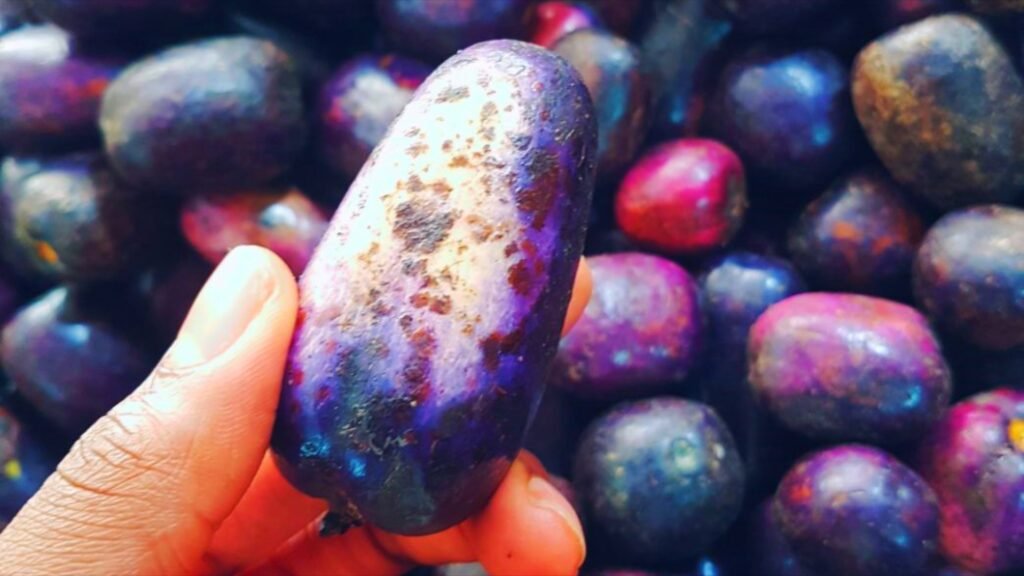I want to share some insights on healthy eating, particularly regarding the African pear, also known as ‘Ube’ (Dacryodes edulis). Before diving into its benefits, I’ll briefly touch on some personal experiences related to healthy choices.
I’m not a fan of avocado pears; I find them less appealing because they aren’t sweet. I also dislike the slimy texture of chia seeds when mixed with water. During this year’s heatwave, I struggled to stay hydrated, as cold water from the refrigerator often made me nauseous.
But I found solutions. To make avocados more palatable, I blend them with lots of water or mix them with a sweet fruit. For chia seeds, adding lime juice to the mixture helps reduce the sliminess. Similarly, adding lime juice to cold water prevents the nausea I experience, making it easier to stay hydrated.
I share this because we all have reasons for not making healthier choices. But healthy living is a necessity, not an option. With that in mind, let’s explore the health benefits of African pear.
What Is African Pear?
African pear, or Ube, is a nutritious fruit from the Dacryodes edulis tree, widely consumed in Africa. It can be enjoyed raw, cooked in salt water, or roasted. The fruit is rich in carbohydrates, proteins, crude fibers, and essential minerals like potassium, calcium, magnesium, and phosphorus. It also contains important amino acids and fatty acids that contribute to overall health.
Health Benefits of African Pear
- Rich in Nutrients: African pear provides a good source of carbohydrates, proteins, and essential minerals, which are vital for maintaining a balanced diet.
- Cardiovascular Health: The fruit’s fatty acids, including palmitic, oleic, and linoleic acids, support heart health by promoting healthy cholesterol levels and reducing the risk of heart disease.
- Boosts Immunity: African pear contains gallic acid and other phytochemicals with antimicrobial, anticancer, and anti-inflammatory properties, which help strengthen the immune system.
- Antidiabetic Properties: The fruit has hypoglycemic and hypolipidemic effects, making it beneficial for managing diabetes.
- Antioxidant and Anti-Cancer Potential: D. edulis extracts show promising antioxidant activity, which can help prevent certain cancers and protect against cellular damage.
- Supports Bone and Skin Health: The fruit’s rich mineral content helps in strengthening bones and teeth, while its antioxidant properties promote healthy, glowing skin.
- Promotes Digestive Health: African pear is high in fiber, which aids digestion and prevents constipation.
Traditional and Modern Uses
African pear has been used traditionally in African medicine to treat various ailments, including skin diseases, dysentery, and fever. The fruit’s bark, leaves, and resin are also used for their medicinal properties, such as treating wounds and providing pain relief. Modern research supports these traditional uses, confirming the fruit’s antimicrobial, antioxidant, and anti-cancer activities.
Culinary Uses
Roasting African pear enhances its nutritional value, making it a healthier option compared to boiling. The fruit is also cholesterol-free, making it a heart-friendly food choice.
Conclusion
African pear is a powerhouse of nutrients with numerous health benefits. Incorporating it into your diet can help boost your immunity, protect your heart, and improve your overall health. Next time you have the opportunity, consider enjoying this nutritious fruit, perhaps roasted for maximum benefits.








